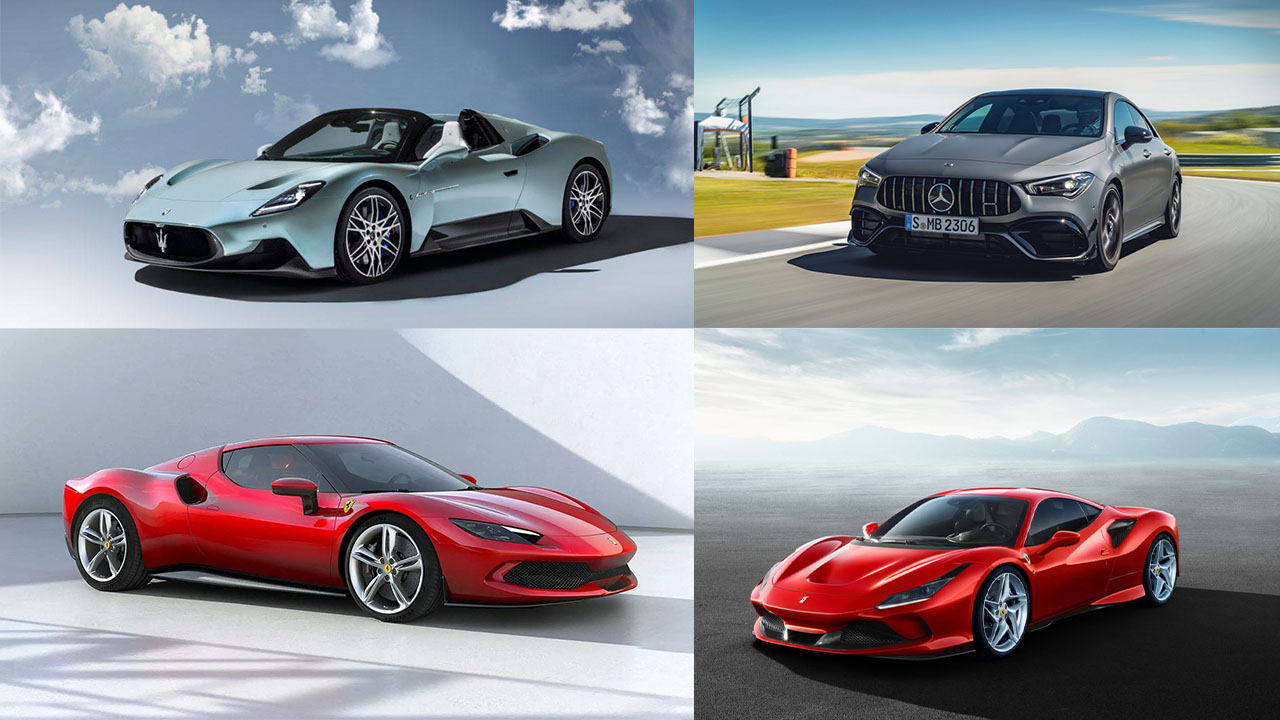The phrase “there’s no replacement for displacement” has long been a cornerstone of automotive wisdom.
It reflects the belief that larger engines inherently produce more power than smaller ones, a truth that held steady for decades—until modern technology began rewriting the rules.
At the heart of an internal combustion engine, air and fuel combine and ignite to generate power. Larger engines provide more room in their combustion chambers, accommodating greater amounts of air and fuel, which results in increased power output.
However, these engines are also thirstier, consuming more fuel—a drawback that clashes with today’s demand for fuel-efficient performance.
Thanks to advancements in technology, smaller engines can now rival their larger counterparts in power output without compromising efficiency. This is achieved through “forced induction,” a process powered by turbochargers and superchargers.
Modern automotive engineering focuses on a concept called “power density,” which measures how much horsepower an engine generates relative to its displacement.
For example, a 2.0-liter engine producing 200 horsepower has a power density of 100 horsepower per liter.
This metric is crucial because while fuel economy and emissions regulations grow stricter, the desire for powerful, high-performance vehicles remains strong.
Without power-dense engines, we’d risk reverting to the lackluster performance of the late 1970s and early 1980s, a period infamously known as the Malaise Era.
While numerous highly power-dense engines have been produced globally, this list focuses on those powering 2022 and 2023 vehicles available for purchase in the U.S. as of July 2022.
Each must meet stringent U.S. emissions and safety standards and deliver its output using gasoline available at the pump. Without further ado, here are the most power-dense engines on the market today.
1) BMW M4 CSL – 181 HP/Liter
BMW M, formerly known as BMW Motorsport, built its reputation on masterful chassis engineering and high-revving, naturally aspirated engines. However, after 40 years, it embraced the era of forced induction.
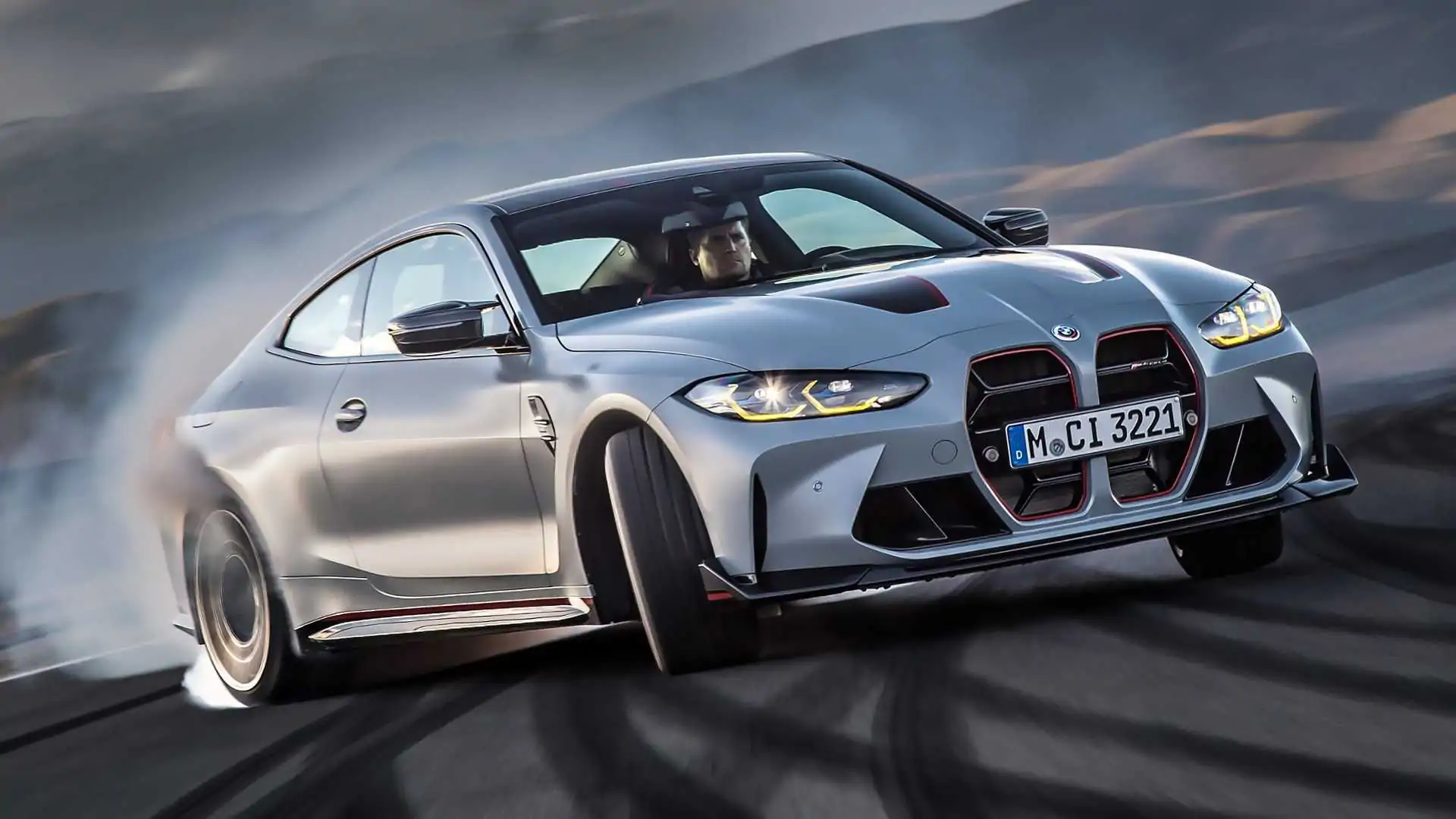
For its 50th anniversary, BMW M introduced the M4 CSL, featuring a twin-turbocharged 3.0-liter inline-six engine. Boosted to an intense 30.5 psi, this engine produces a staggering 543 horsepower.
2) Ferrari F8 Tributo/Spider – 182.1 HP/Liter
Ferrari’s presence on this list is no surprise. The brand’s Formula 1 legacy demonstrates its mastery of extracting massive power from small engines.
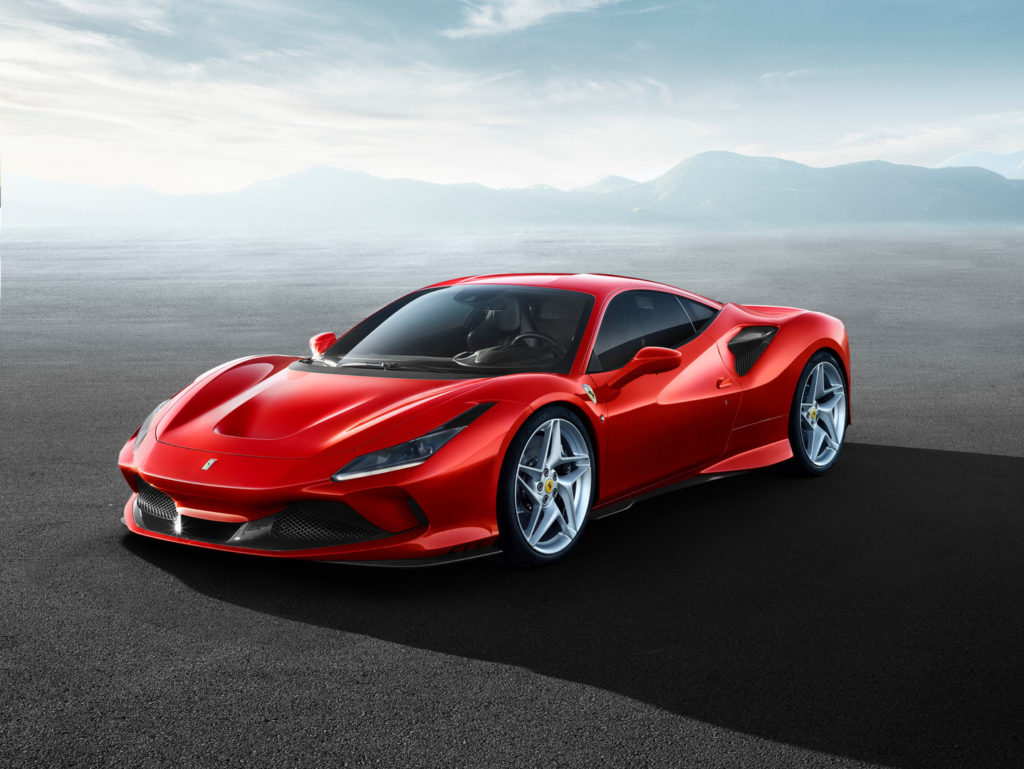
The F8 Tributo and Spider feature an aluminum V8 equipped with twin turbochargers, delivering 710 horsepower from a 3.9-liter displacement.
3) Ford GT – 188.6 HP/Liter
Ford, known for its powerful V8 engines, defied expectations with the second-generation Ford GT. Replacing the first generation’s 5.4-liter V8, this version employs a twin-turbocharged 3.5-liter V6 EcoBoost engine, producing 660 horsepower.
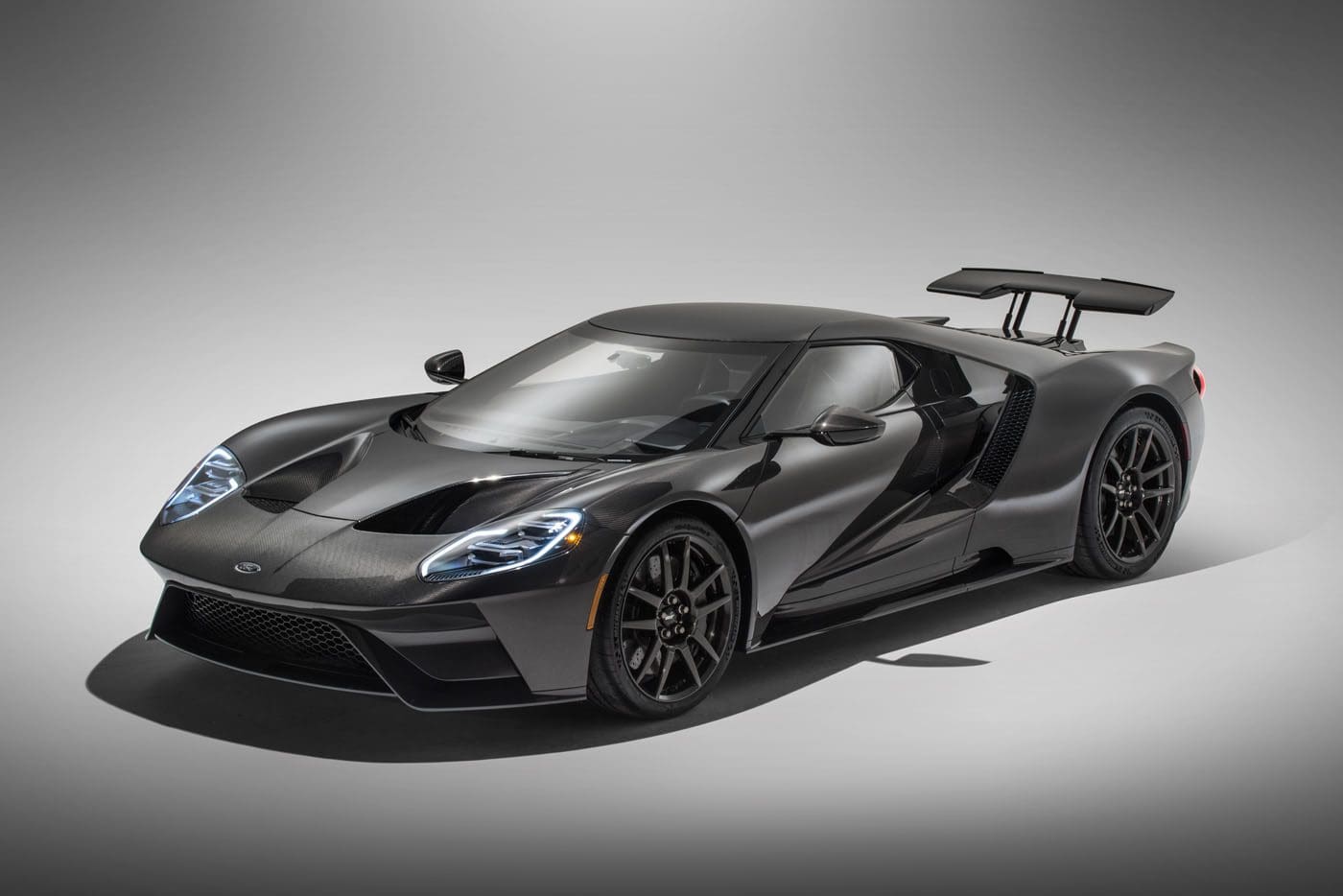
Despite skepticism from purists, the current GT delivers 110 more horsepower while using two fewer cylinders and nearly two liters less displacement.
4) McLaren 765LT/Spider – 188.8 HP/Liter
McLaren’s Formula 1 heritage is evident in its engineering, even though it doesn’t manufacture its own engines.
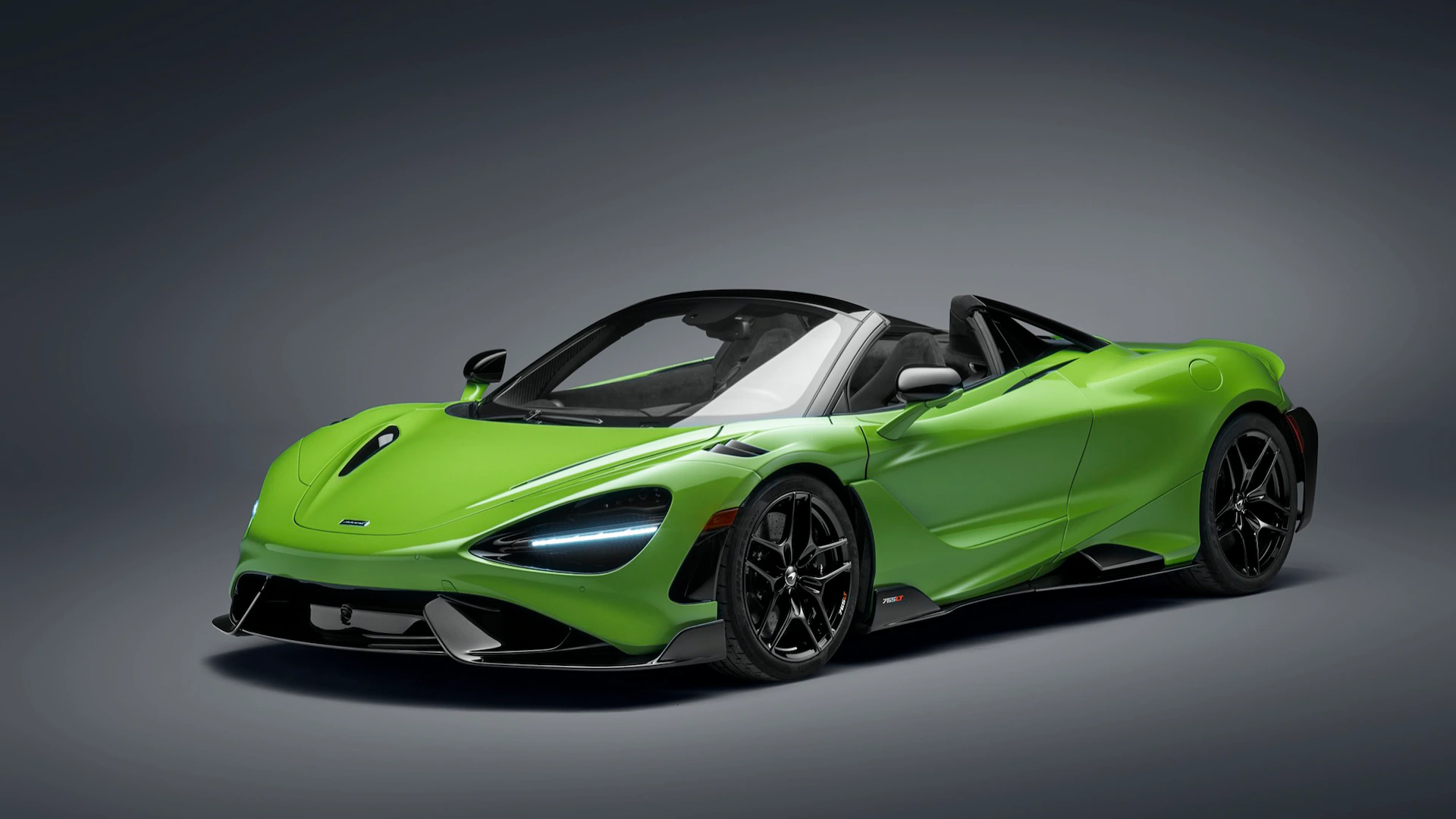
The 765LT and its Spider variant house a twin-turbocharged 4.0-liter V8 supplied by Ricardo, capable of producing 755 horsepower.
5) Mercedes-AMG CLA45 – 191 HP/Liter
The Mercedes-AMG CLA45 stands apart from its supercar counterparts on this list. With a 2.0-liter turbocharged four-cylinder engine, it generates 382 horsepower, earning a spot here through sheer power density.
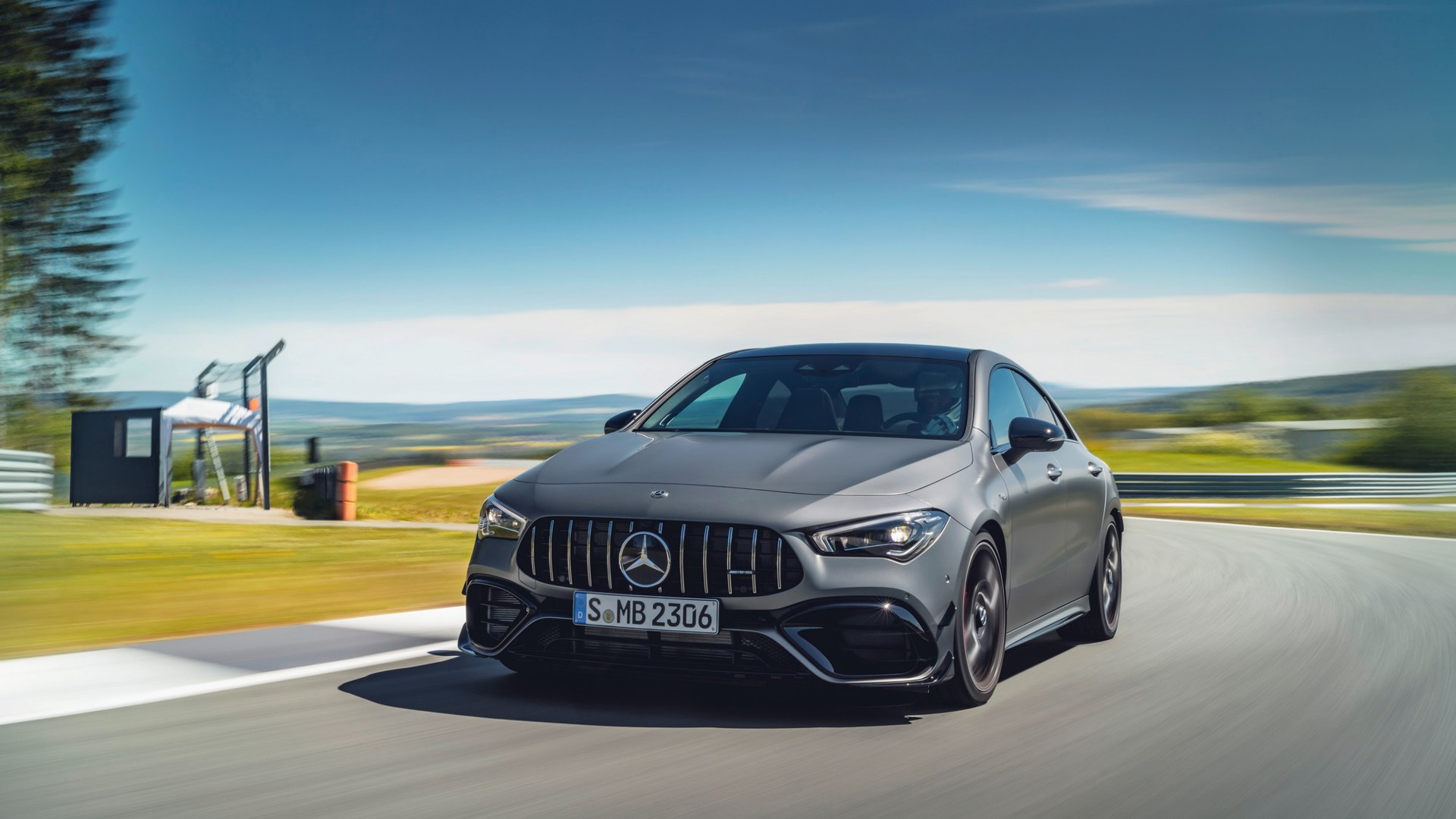
This compact AMG also boasts 28 mpg on the highway and a starting price of under $57,000, making it a performance bargain.
6) McLaren Artura – 192.3 HP/Liter
As McLaren ventures into hybrid supercars, the Artura represents the future with its 577-horsepower twin-turbocharged 3.0-liter V6.
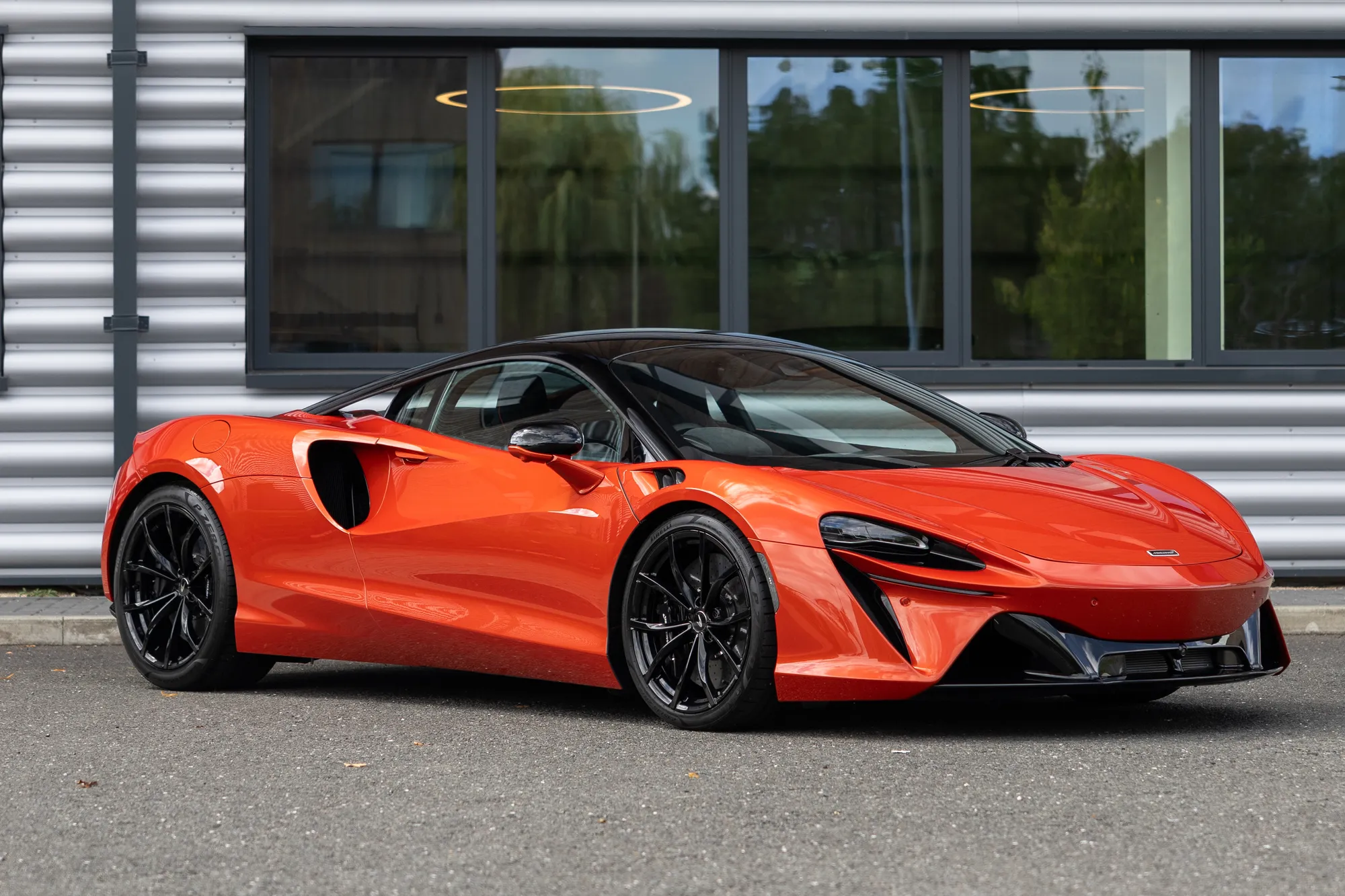
Supplemented by a 94-horsepower electric motor, the engine’s unique design includes turbos nestled in a 120-degree V to optimize packaging and lower the center of gravity
7) Ferrari SF90 Stradale/Spider – 192.3 HP/Liter
Ferrari’s SF90 Stradale, the brand’s first plug-in hybrid, combines three electric motors for 217 horsepower alongside a twin-turbocharged 4.0-liter V8.
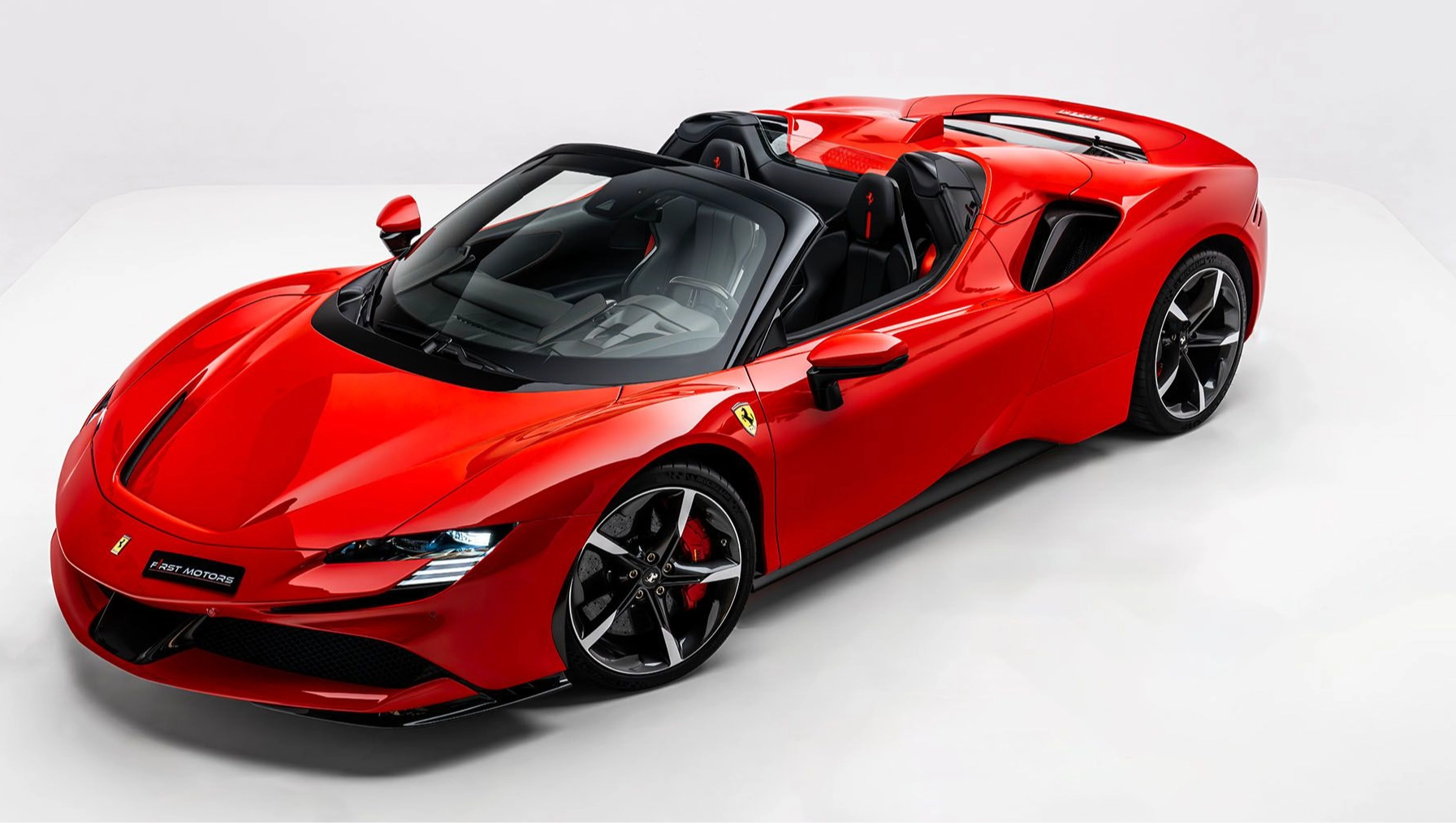
This internal combustion engine contributes 769 horsepower to the car’s total output of 986 horsepower.
8) Bugatti Chiron Super Sport – 197.3 HP/Liter
While not a small engine by any measure, the Chiron Super Sport’s 8.0-liter W16 engine is an engineering marvel.
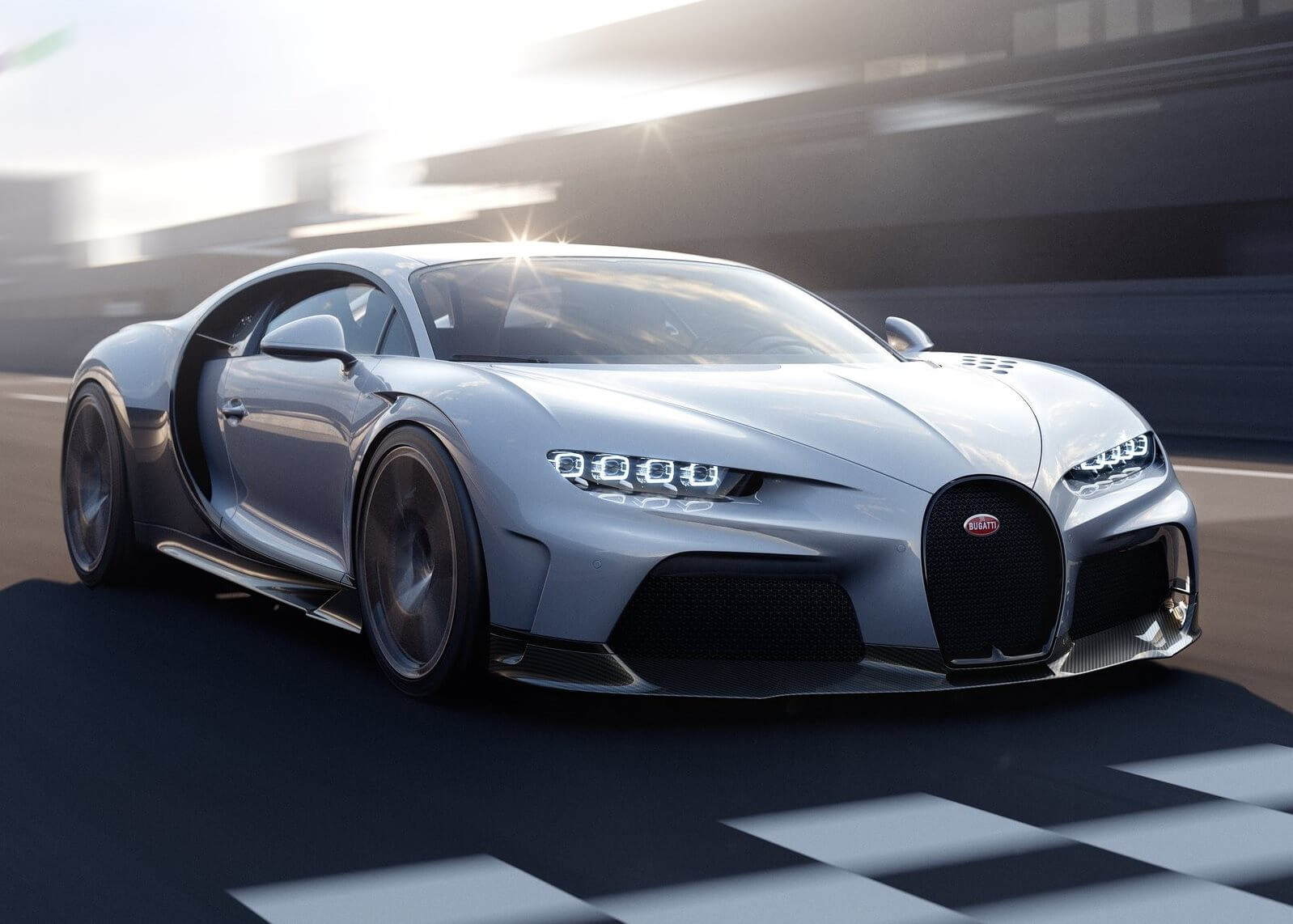
Featuring four turbochargers and a top speed of 273 mph, it generates an extraordinary 1,578 horsepower. This level of performance justifies its $3.8 million price tag.
9) Maserati MC20/Cielo – 207 HP/Liter
Maserati’s MC20 marks its triumphant return to sports car manufacturing. Powered by the “Nettuno” twin-turbo 3.0-liter V6, the engine applies Formula 1-derived technology to produce 621 horsepower.
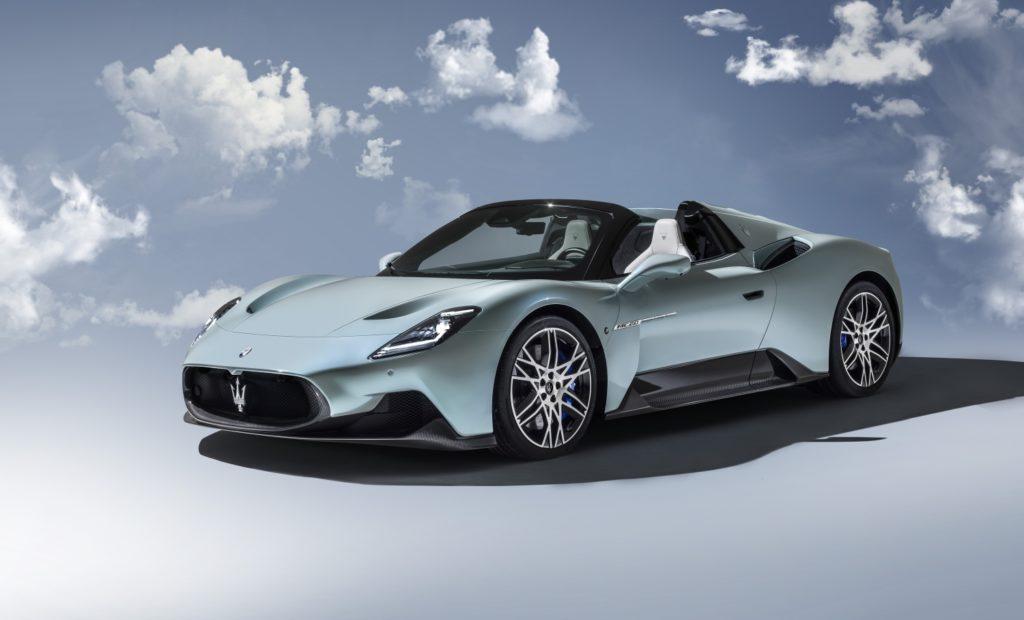
The innovation lies in a pre-chamber combustion system, enhancing efficiency and power.
10) Ferrari 296 GTB – 218 HP/Liter
Ferrari’s 296 GTB redefines expectations with a twin-turbocharged 3.0-liter V6 producing 654 horsepower.
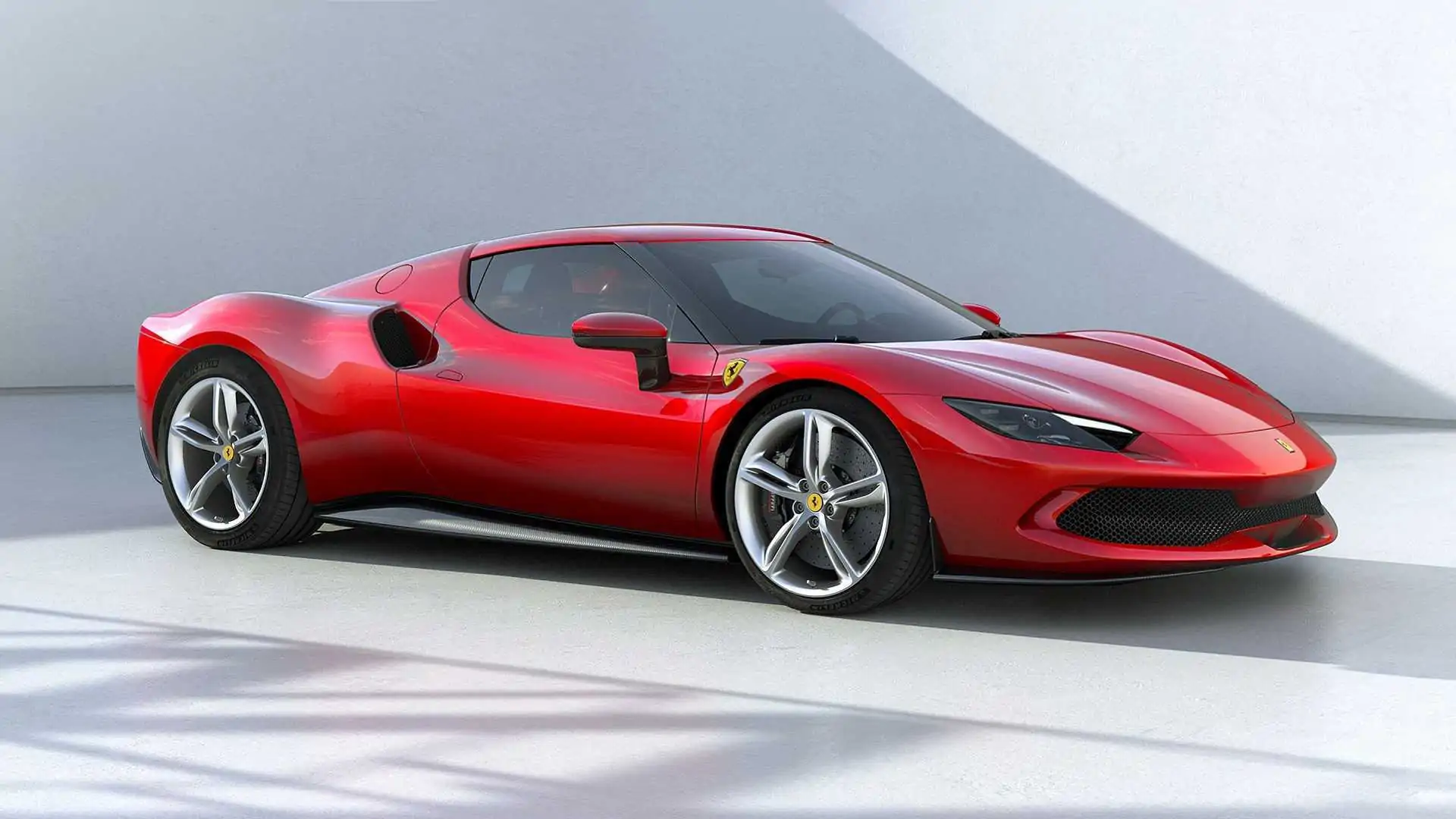
Augmented by a 164-horsepower electric motor, it achieves a power density unmatched by any production car on sale today.

